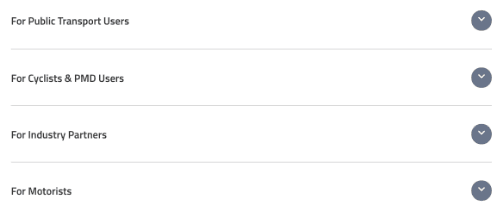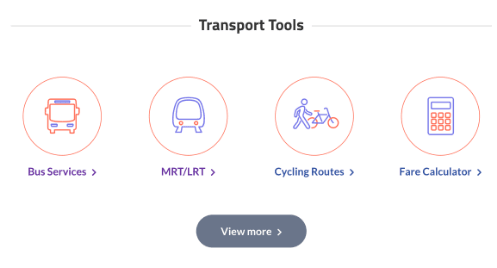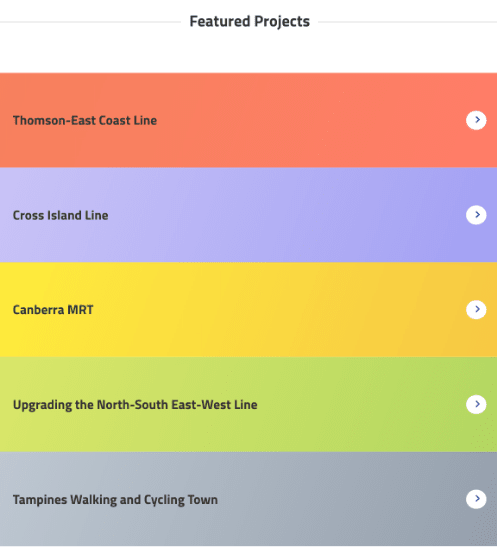The Land Transport Authority (LTA) is undertaking a review of the Point-to-Point (P2P) industry structure and regulatory framework, to ensure their continued relevance as commuter needs and the industry structure evolve.
2 P2P transport, comprising street-hail (i.e. taxi) and ride-hail services, plays an important role in complementing mass public transport. They provide commuters with an option for direct journeys, without the need to own a car. The average number of P2P trips has increased steadily from about 517,000 daily in 2020 to 613,000 daily in July 2023, benefitting more households.
3 Since the implementation of the current licensing framework for taxi and ride-hail operators in October 2020, the P2P sector has evolved significantly. For example, there is a growing preference for ride-hail services among commuters and drivers due to its matching efficiency and ease of booking through mobile applications. This decrease in demand for traditional taxi services has resulted in fewer taxis plying the streets. At the same time, taxis retain an important role in serving high-demand locations such as Changi Airport, tourists and commuters who are less technologically savvy.
4 The review will focus on three key objectives:
a. Availability of P2P supply. We want to improve the stability of P2P supply over the course of the day, such as during late-night hours where there are some shortages in the supply of rides.
b. Resilience of P2P services. As P2P services become more important in the daily lives of Singaporeans, operators must be able to provide these services with minimal disruptions and downtime.
c. Inclusivity of P2P transport. With increased usage of P2P services among Singaporeans, P2P services must cater to the additional needs of commuter groups such as wheelchair users and families with young children.
5 LTA has commenced discussions with its tripartite partners – the taxi and ride-hail operators, the National Taxi Association, and the National Private Hire Vehicles Association. Besides ensuring availability, resilience and inclusivity of P2P services, tripartite partners also discussed the adoption of cleaner-energy vehicles, and the importance of encouraging gracious behaviour among drivers and commuters. Where there are trade-offs to be made, we strive to balance the interests of key stakeholders such as operators, drivers and commuters.
6 In the course of our review, LTA will consult widely and continue to engage our tripartite partners, including the operators and P2P drivers. We will also reach out to different commuter groups to hear their views. LTA plans to complete the review by the second quarter of 2024.
















